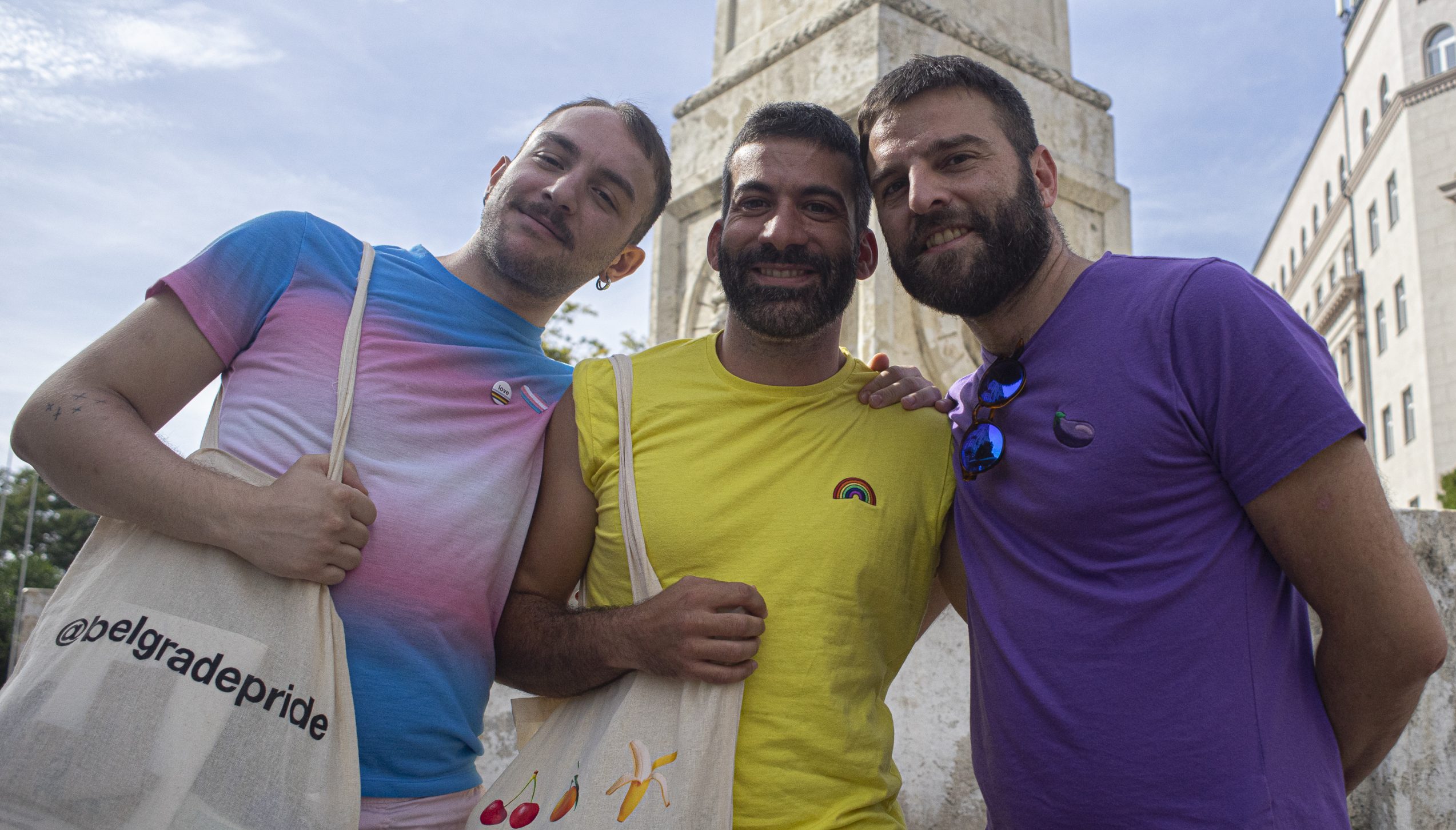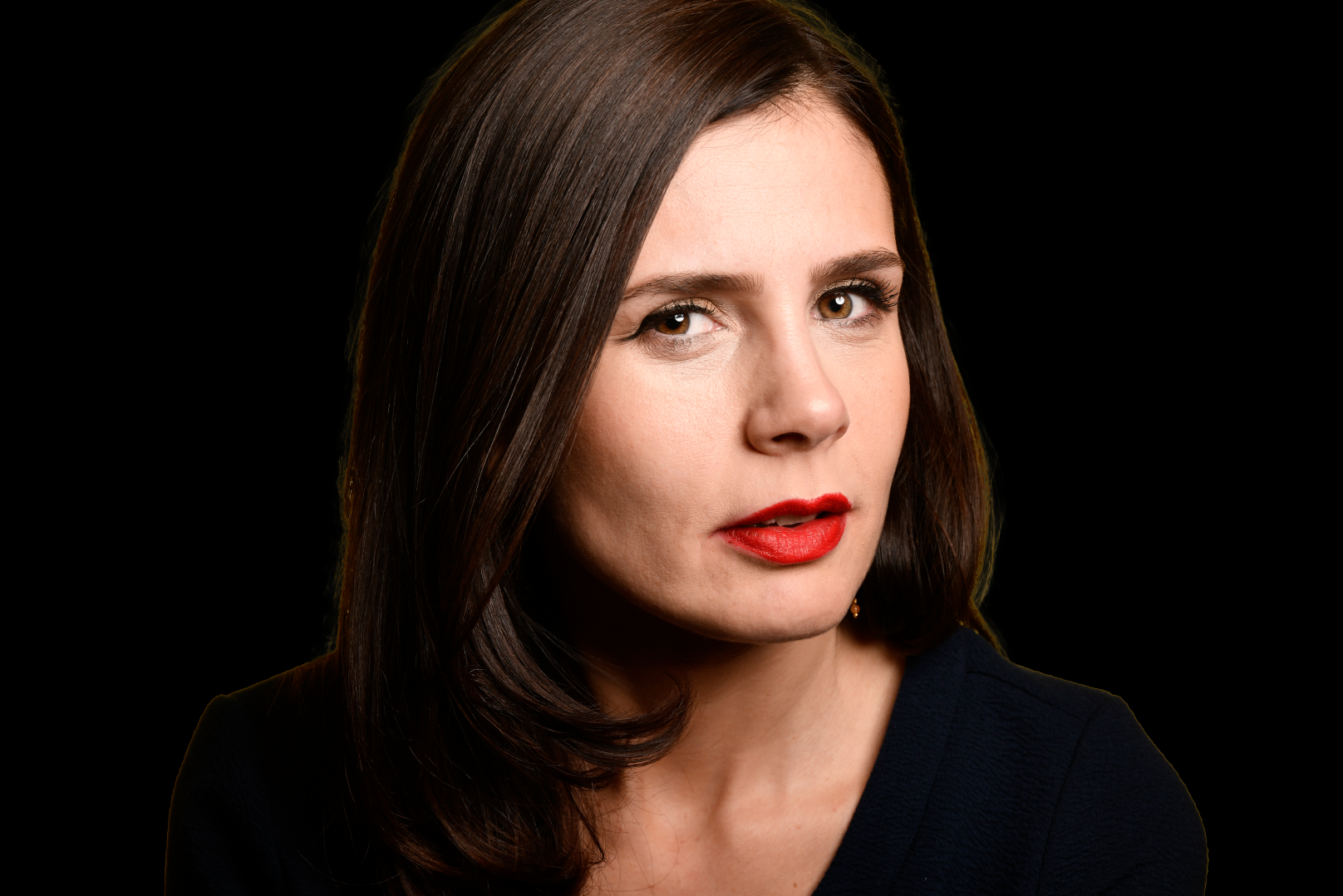
The Faces of EuroPride
Queer activists converge on Belgrade for a week of celebration.
|17.09.2022
|

Dafina Halili
Dafina Halili is a senior journalist at K2.0, covering mainly human rights and social justice issues. Dafina has a master’s degree in diversity and the media from the University of Westminster in London, U.K..
This story was originally written in English.